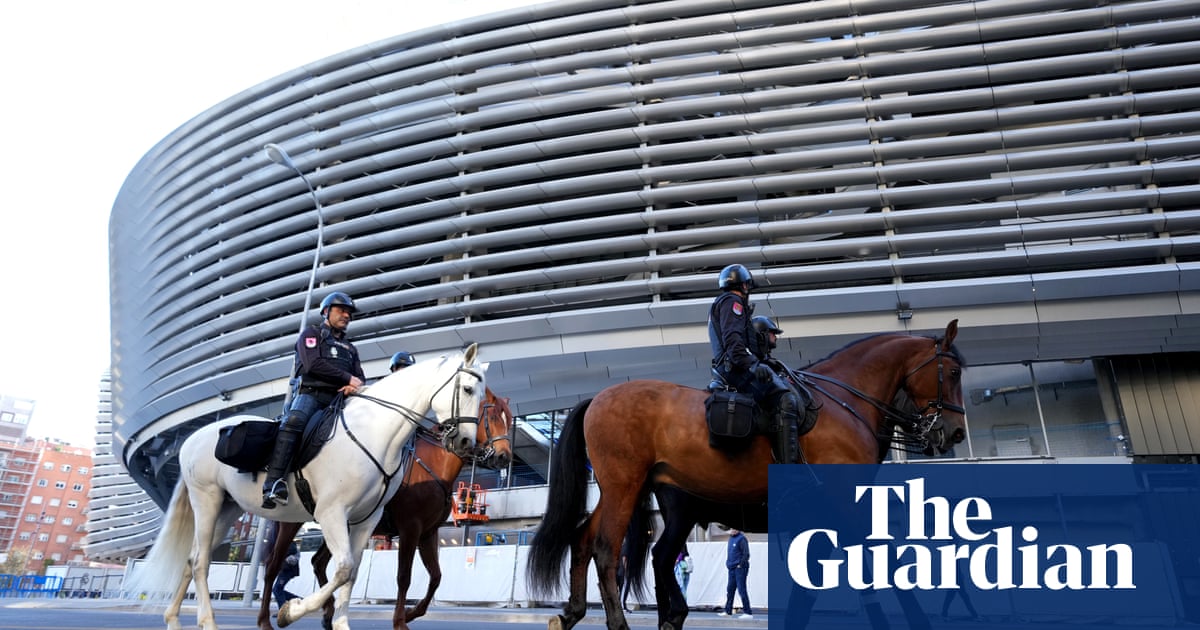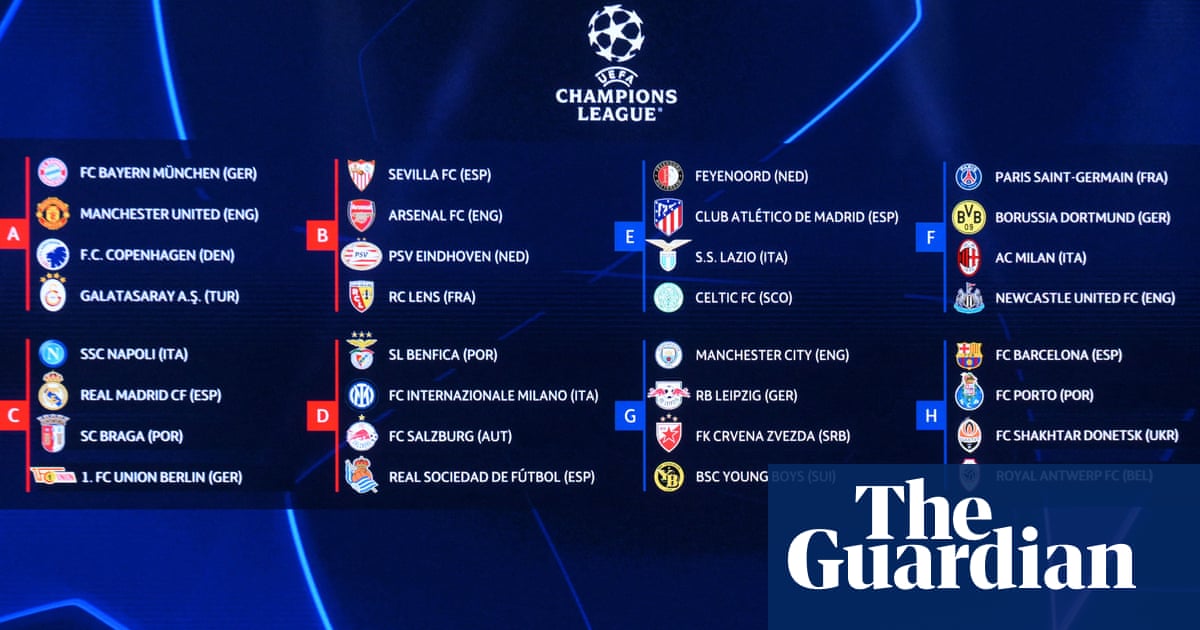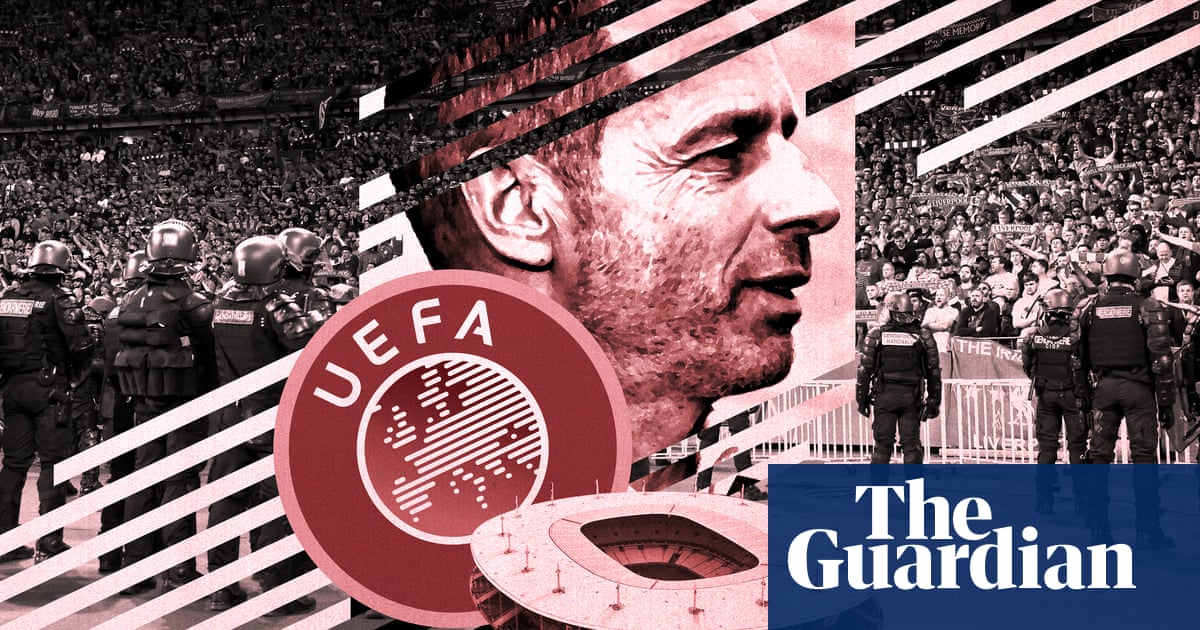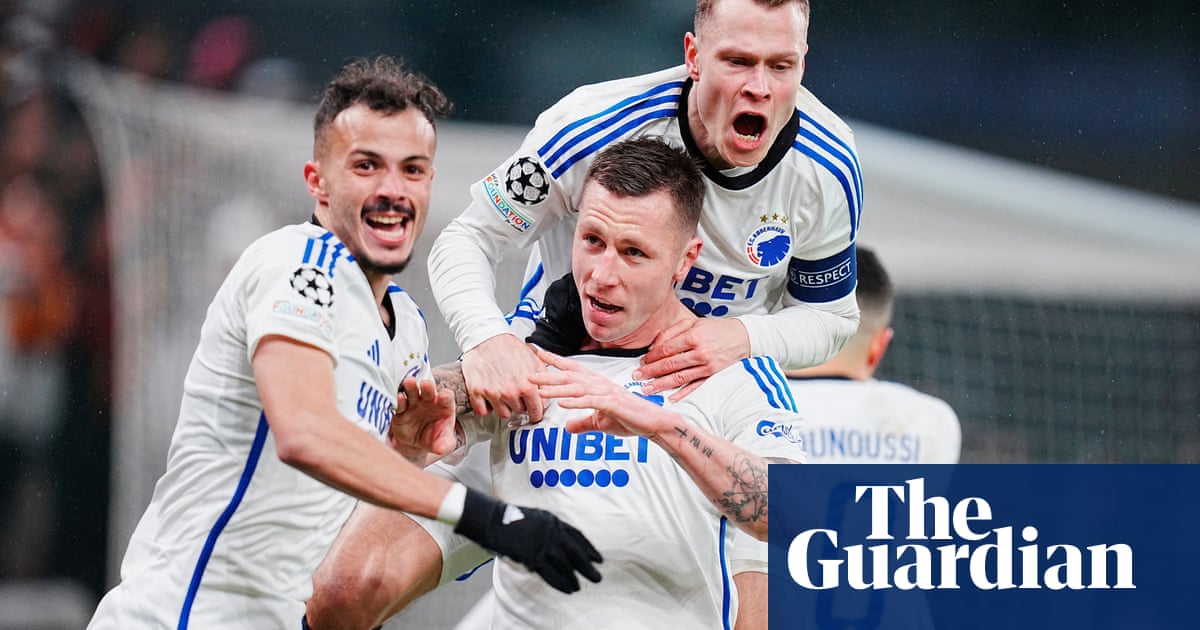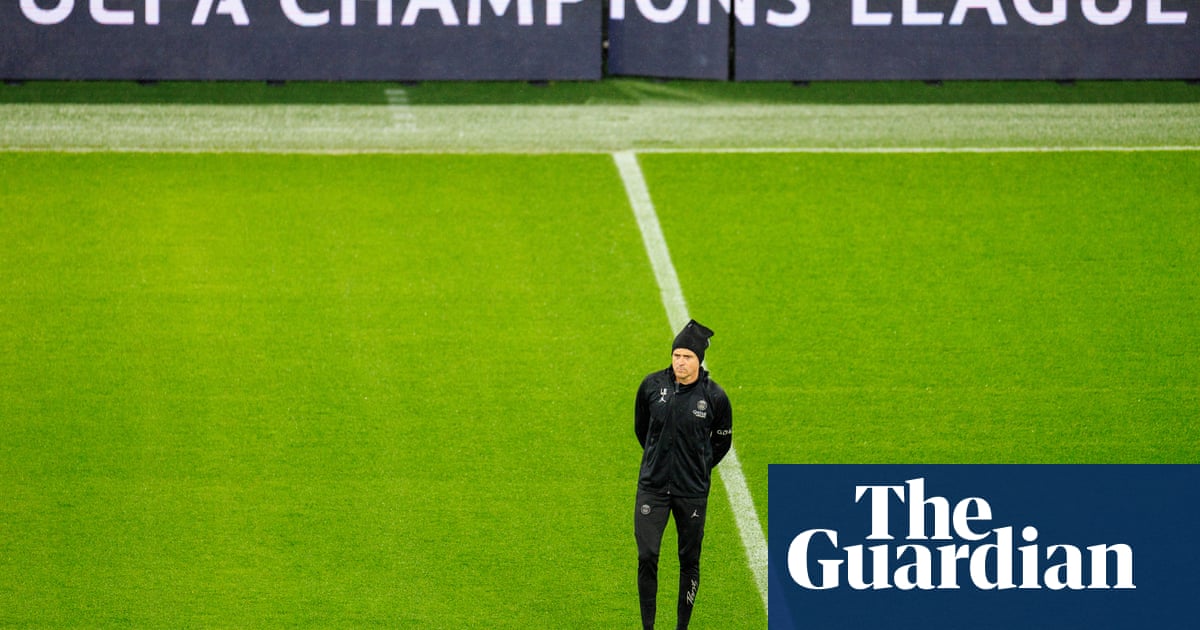
“The battlefield is a scene of constant chaos. The winner will be the one who controls that chaos, both his own and the enemies.” Napoleon Bonaparte was not talking about football but he may well have been. Every football manager aims for “controlled chaos” but perhaps none more so than Luis Enrique.
The Paris Saint-Germain manager has long been held up as a paragon of attacking football, dating to his time in charge of Barcelona nearly a decade ago. He won the Champions League once, La Liga twice and the Copa del Rey three times at the club – including a treble in his first season. But to say his work in the seven years since he left Barcelona has been mixed would be an understatement.
He courageously led Spain to second place in the Nations League in 2021, having returned to the team following the passing of his young daughter. That said, Spain were knocked out of two major tournaments by less talented sides: Italy at the Euros and Morocco at the World Cup. And any assessment of his time at Barcelona comes with the caveat that he was working with perhaps the best front three in the history of the game, in the form of Lionel Messi, Luis Suárez and Neymar.
He arrived at PSG this summer as somewhat damaged goods – with his spells at Roma and Celta Vigo also doing his reputation no favours. It’s true that he has been praised by the likes of Messi and Thiago Alcântara but, without the very best talent at his disposal, success has eluded him.
With that being the case, however, it’s not as if Paris Saint-Germain presented themselves as the most attractive landing spot. The club had already chewed through some of the world’s best regarded managers — Mauricio Pocchettino, Carlo Ancelotti, Thomas Tuchel — who all left without grasping the brass ring of the Champions League. Enrique not only had to win a new league, but do it with a team that was in flux, having lost veterans such as Sergio Ramos, Neymar, Messi and Marco Verratti. All were long in the tooth, but they were also high-quality players whose experience was not easy to replace.
Their replacements, while talented, were generally younger and had not dealt with the pressure that comes with wealthy and demanding owners. There were certainly exceptions – such as Lucas Hernández and Milan Skriniar – but Bradley Barcola, Gonçalo Ramos, Manuel Ugarte, Randal Kolo Muani and Kang-In Lee were hardly European regulars, despite their impressive careers. The spectre of Kylian Mbappé’s potential departure was also hanging over the club and his position remains unresolved, despite the fact that the team are once again comfortably top of the Ligue 1 table.
It has been a mixed season for PSG so far. They have taken charge in the league but go into their final Champions League group game knowing they need a result to reach the last-16 stage. Their form in Europe has been uneven. The worst of Enrique’s side was on display at St James’ Park in October, when his gung-ho attacking philosophy played into Newcastle’s hands, helping Eddie Howe’s team cut through the visitors. But the longer the season goes on, the more that match – as well as PSG’s difficult home defeat to Nice – looks more like growing pains, with Enrique increasingly striking a better balance between bravura attacking play and defensive solidity.
Yes, critics will be quick to nay-say on the back of the team needing a contentious penalty to earn a point against Newcastle at the Parc des Princes a fortnight ago but, after eight wins on the trot in the league, the team is getting to grips with Enrique’s approach, even if there have been contentious moments between the manager and his star player at times. The attack still relies on Mbappé, whose pace and ability on the ball make him the team’s focal point, but the idea of unsettling opponents means that other players have developed into being lynchpins as well.
Achraf Hakimi is one of the team’s key instigators. He looks a player reborn, having struggled at times under Christophe Galtier last season. With four goals and four assists across all competitions, the Moroccan has staked a claim to not only be a key player for PSG, but the best attacking right-back in the world.
Ousmane Dembélé has also been an agent of chaos. The former Barcelona player leads Ligue 1 in assists but, more than that, he has been the avatar of Enrique’s approach. The manager recently praised the France international in no uncertain terms, saying: “He’s a different, unique player. He always asks for the ball, he is never afraid to do things and he accepts criticism. It’s a pleasure to have a player like him. He not only plays on the flanks but also centrally. He generates so much for the team that assists or goals don’t matter. He is the most disruptive player in the world.”
Enrique wants his players to be disruptive but, for all its attacking prowess, the team also draws upon the balance provided by the likes of Ugarte and the ever-industrious Warren Zaïre-Emery, whose all-action style has been a ideal link between the solidity of the Uruguayan and the attackers. Enrique is trying to revolutionise the team by sacrificing the rigid defensive approach pursued by the likes of Tuchel, Galtier and others in recent years and for a more chaotic approach, led by Dembélé. And while the outcome has been uneven to date, a resounding win in Dortmund – with first place in the group on the line – would refute some of his doubters.
He will have to do it without Dembélé though. The winger is suspended for the trip to Germany but Barcola, Kolo Muani, Ramos and Lee offer plenty of attacking prowess. Enrique goes to Germany aiming to lay down a serious argument for the virtues of chaos – and for his managerial ability.




